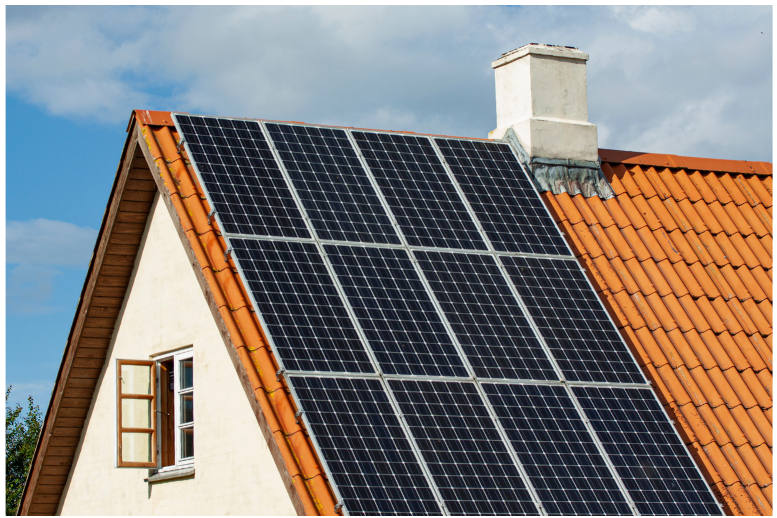Are you still hesitant about solar? Here are some common questions and concerns and some answers to them.
Still not convinced to go solar and wondering if you’re missing something?
I know it’s a new technology, and it seems amazing that blue things on top of your roof can make electricity. Let’s discuss options for what’s holding you back. Maybe you don’t understand the technology. The photons from the sun “get excited” and create a DC electric current that is captured and changed to an alternating current (AC), which is what is used by our homes.
Let’s move on to the next aspect – the size of your system.
The number of panels depends on how much electricity you generally use in a year – depending on how much electricity each panel can generate; it’s simple math to figure out how many you need. Although factors like shading, roof orientation, etc., also need to be taken into account to make sure all of your electric needs are covered. At this point, if your electric needs are changing with the addition of an electric car, or a desire to live at a cooler temperature, that can also be taken into consideration, and a few more panels added to anticipate it.
How much money will you save? Do you want to understand if it’s worth it from that standpoint?
Generally, the higher your bills, the more you will save. If your average electric bill is less than $125, it may not make sense to go solar, unless you want to help the environment. It will still pay for itself at some point if you purchase it; the payback will just take longer from your savings. However, if your average monthly bill is $300, and your electric usage stays the same with a system that covers 100% of your electric usage, on a lease, your monthly payment would be somewhere around $200, and with a SunPower lease that amount will stay the same for 20 years, even while electric rates keep increasing.
So your savings will continue to increase based on what you would have been paying without solar. And if you go solar before the end of 2019, you’ll get the full 30% Federal Tax Credit directly if you purchase, and indirectly if you lease your system. You may also choose to add a battery, in which case you could add some to your savings, and also be protected in the event of a power outage. The battery is also eligible for the 30% Federal Tax Credit as well as a separate rebate from Southern California Edison, assuming you’re served by that utility.


